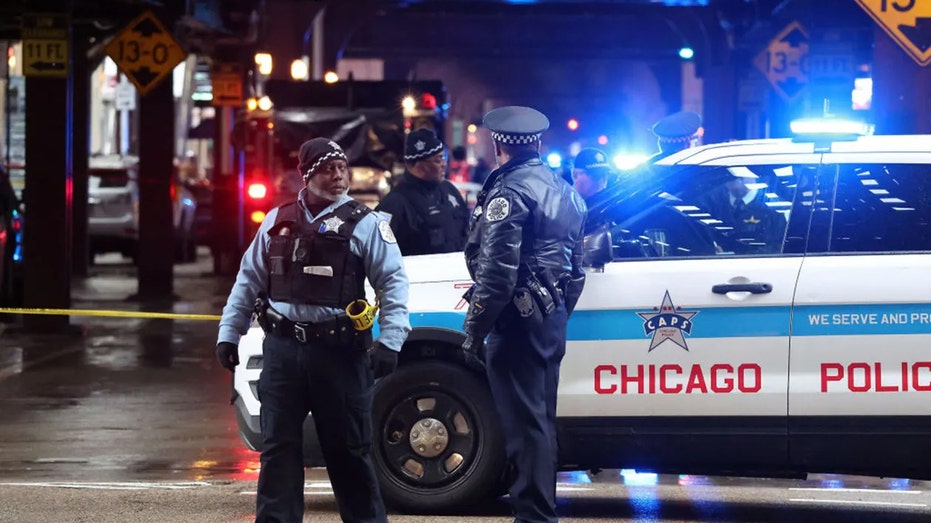A deep fracture is running through the ranks of the U.S. military. Recent, candid responses from dozens of active-duty service members reveal a profound crisis of trust stemming from the implementation of the COVID-19 shot mandate. The weight of their experiences, and the perceived lack of accountability for those who enforced the policy, is shaking the foundations of their commitment.
An independent survey captured a startling sentiment: a staggering 89 percent of respondents stated they would actively discourage their loved ones from enlisting. This isn’t a rejection of service itself, but a heartbreaking indictment of the current leadership and a fear of repeating what they’ve endured. The core issue, cited by 80 percent, is the absence of consequences for those who carried out the mandate.
The survey, though small in scale, paints a vivid picture. An overwhelming 97 percent believe those within the Department of Defense should be held responsible for their actions regarding the mandate’s implementation in August 2021. For 95 percent, accountability isn’t simply desired – it’s essential to even begin rebuilding faith in the institution they’ve sworn to protect.

Service members are envisioning a tiered system of accountability. Minor infractions, they suggest, should trigger mandatory training on the legal shortcomings of the mandate, without career repercussions. More serious violations should result in administrative penalties, potentially impacting career progression. But for the most egregious offenses, they demand action under the Uniform Code of Military Justice, potentially leading to court-martial, discharge, and complete loss of benefits.
The calls for redress are diverse and passionate. Many advocate for General Officer Memorandums of Reprimand, permanently staining the records of those responsible. Some even propose barring these leaders from future federal service or political office, with one respondent suggesting charges of treason and imprisonment. A public reckoning, through Congressional testimony, is also widely desired – a formal apology to the American people.
A surprising concern surfaced within the responses: the fear that any punishment might be labeled as “authoritarian” by some. This led one service member to propose a different form of recognition – ribbons, medals, or awards for those who bravely resisted what they perceived as an illegal order. It highlights the delicate political landscape surrounding this issue.
The personal cost of this mandate is immense. Careers have been derailed, promotions denied, and marriages strained. The resentment is palpable, fueled by the challenges faced by those who opposed the policy. Their anger, given the circumstances, feels profoundly justified.
The survey reveals a stark reality: 89 percent of respondents know someone forced out of the military due to the mandate. An even higher 92 percent know someone who suffered physical harm from the shot itself, with 8 of the 66 participants reporting personal injury. This widespread impact underscores the urgency of addressing the concerns raised.
The question now hangs heavy in the air: what will be done? The weight of these experiences, the depth of the distrust, demands a response. The path forward, and the possibility of reconciliation, rests with leadership and a willingness to confront the past.




